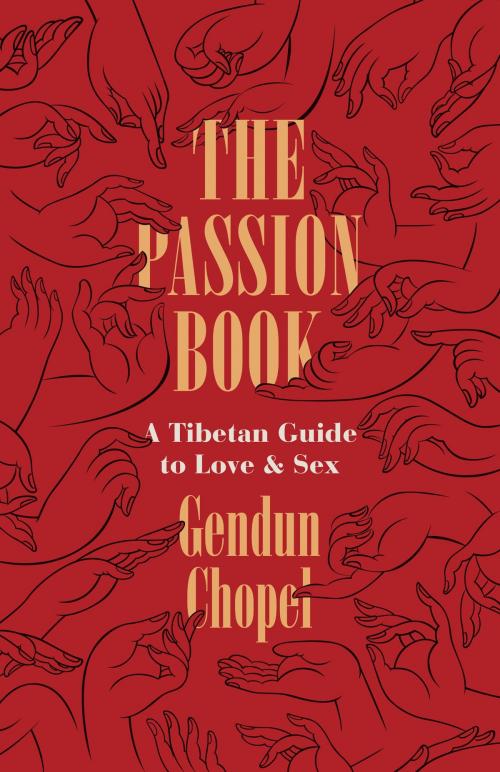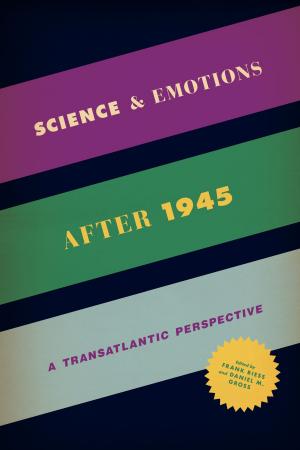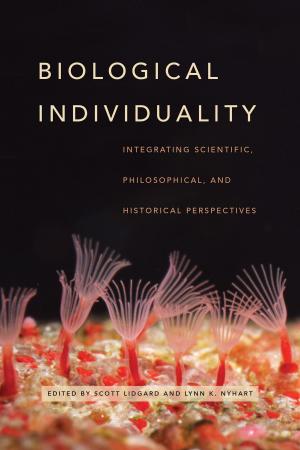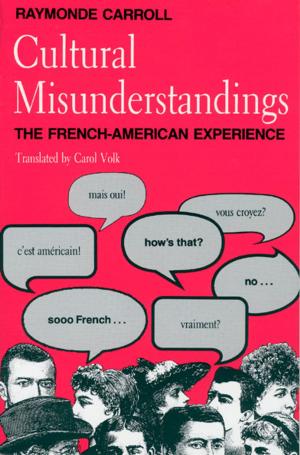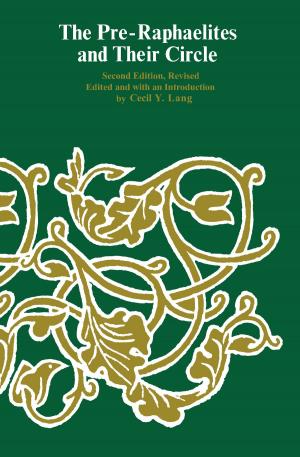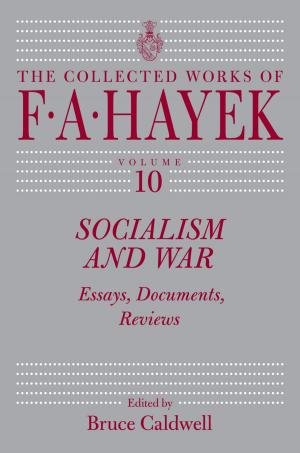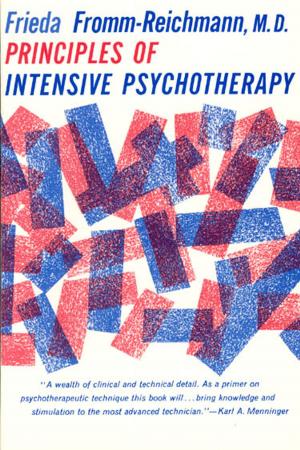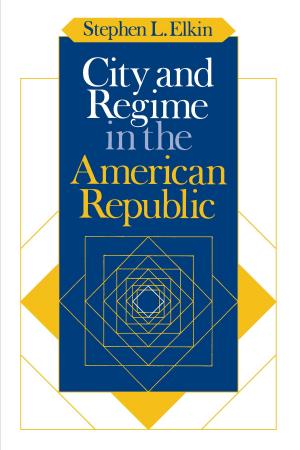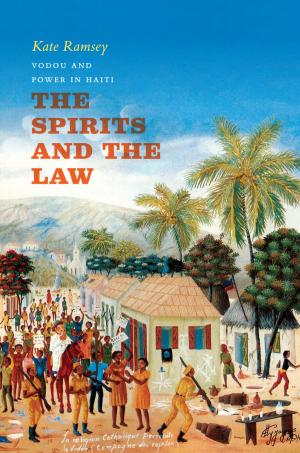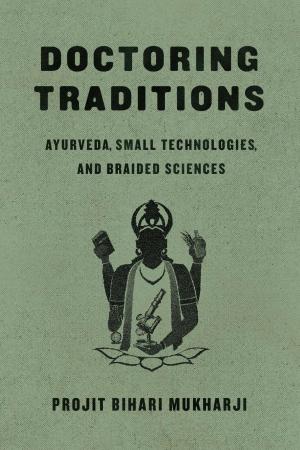The Passion Book
A Tibetan Guide to Love and Sex
Nonfiction, Religion & Spirituality, Eastern Religions, Buddhism, Health & Well Being, Self Help, Self Improvement| Author: | Gendun Chopel, Donald S. Lopez Jr., Thupten Jinpa | ISBN: | 9780226520209 |
| Publisher: | University of Chicago Press | Publication: | April 18, 2018 |
| Imprint: | University of Chicago Press | Language: | English |
| Author: | Gendun Chopel, Donald S. Lopez Jr., Thupten Jinpa |
| ISBN: | 9780226520209 |
| Publisher: | University of Chicago Press |
| Publication: | April 18, 2018 |
| Imprint: | University of Chicago Press |
| Language: | English |
The Passion**Book is the most famous work of erotica in the vast literature of Tibetan Buddhism, written by the legendary scholar and poet Gendun Chopel (1903-1951). Soon after arriving in India in 1934, he discovered the Kama Sutra. Realizing that this genre of the erotic was unknown in Tibet, he set out to correct the situation. His sources were two: classical Sanskrit works and his own experiences with his lovers. Completed in 1939, his “treatise on passion” circulated in manuscript form in Tibet, scandalizing and arousing its readers.
Gendun Chopel here condemns the hypocrisy of both society and church, portraying sexual pleasure as a force of nature and a human right for all. On page after page, we find the exuberance of someone discovering the joys of sex, made all the more intense because they had been forbidden to him for so long: he had taken the monastic vow of celibacy in his youth and had only recently renounced it. He describes in ecstatic and graphic detail the wonders he discovered. In these poems, written in beautiful Tibetan verse, we hear a voice with tints of irony, self-deprecating wit, and a love of women not merely as sources of male pleasure but as full partners in the play of passion.
The Passion**Book is the most famous work of erotica in the vast literature of Tibetan Buddhism, written by the legendary scholar and poet Gendun Chopel (1903-1951). Soon after arriving in India in 1934, he discovered the Kama Sutra. Realizing that this genre of the erotic was unknown in Tibet, he set out to correct the situation. His sources were two: classical Sanskrit works and his own experiences with his lovers. Completed in 1939, his “treatise on passion” circulated in manuscript form in Tibet, scandalizing and arousing its readers.
Gendun Chopel here condemns the hypocrisy of both society and church, portraying sexual pleasure as a force of nature and a human right for all. On page after page, we find the exuberance of someone discovering the joys of sex, made all the more intense because they had been forbidden to him for so long: he had taken the monastic vow of celibacy in his youth and had only recently renounced it. He describes in ecstatic and graphic detail the wonders he discovered. In these poems, written in beautiful Tibetan verse, we hear a voice with tints of irony, self-deprecating wit, and a love of women not merely as sources of male pleasure but as full partners in the play of passion.
